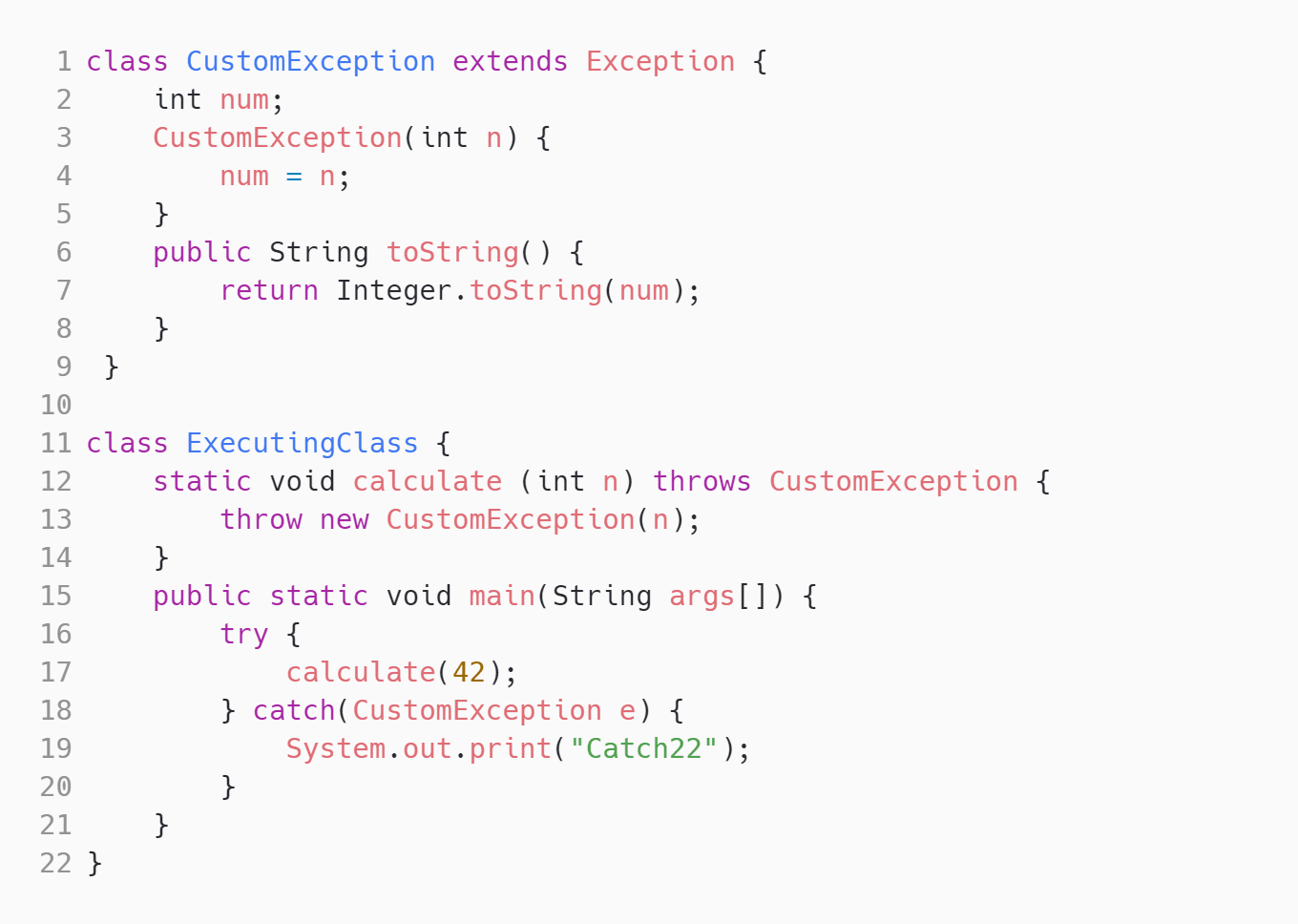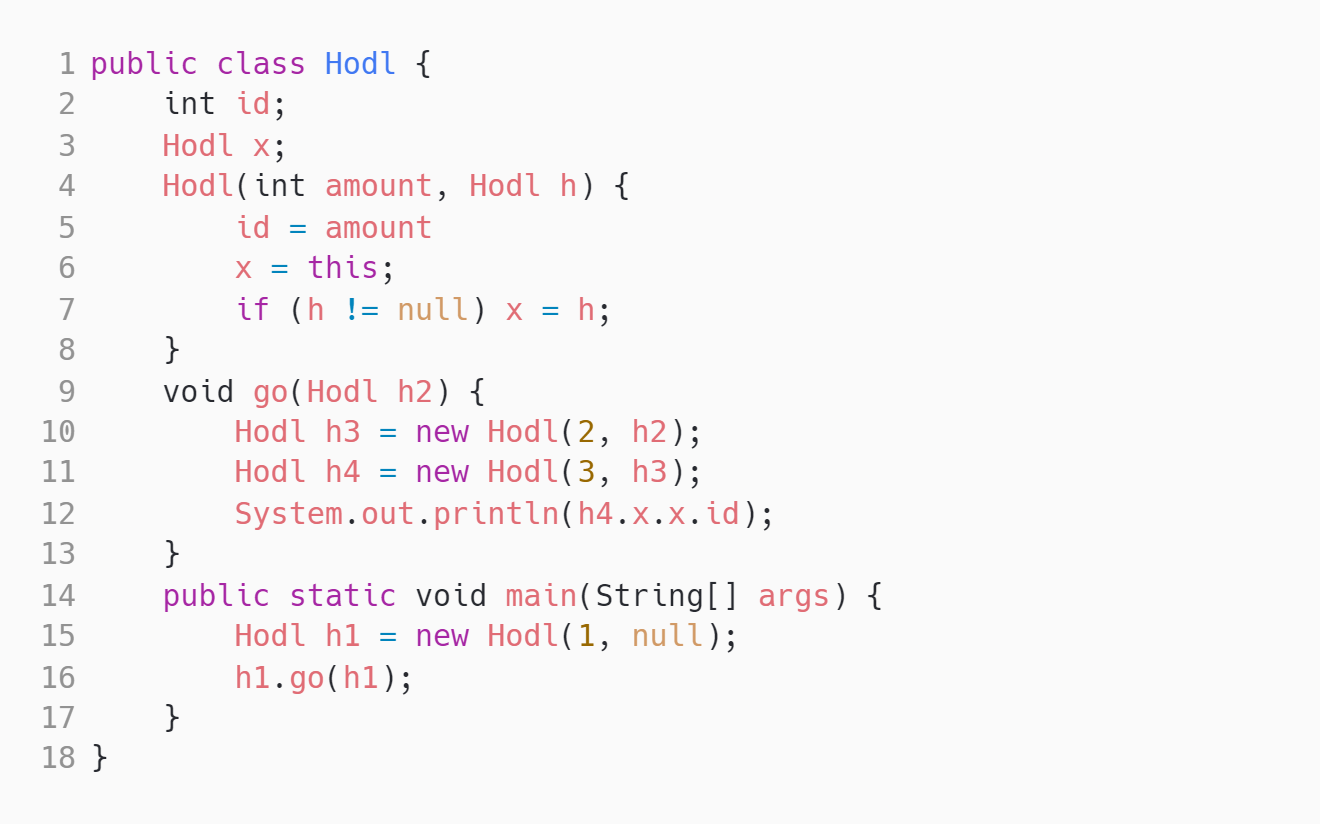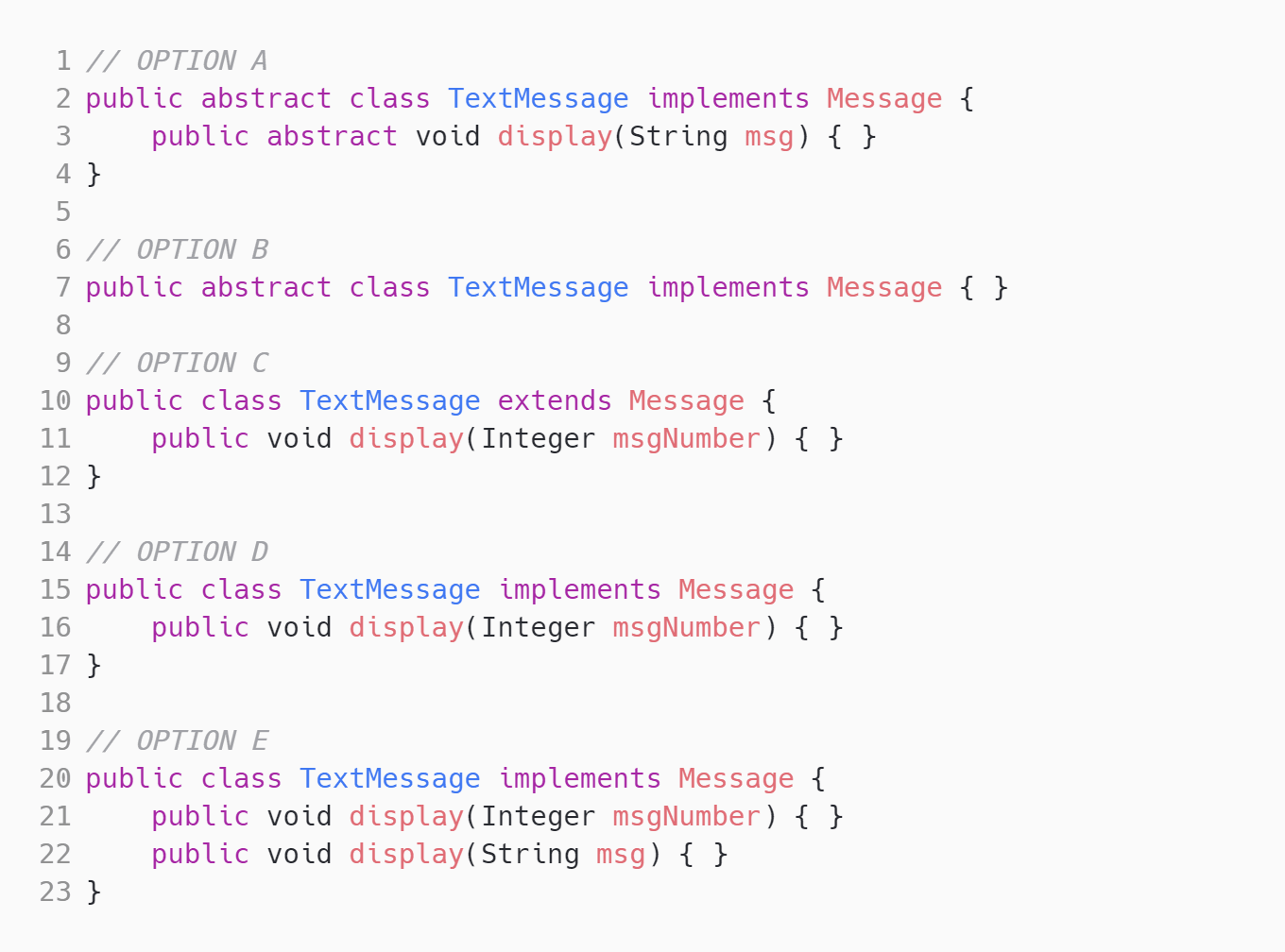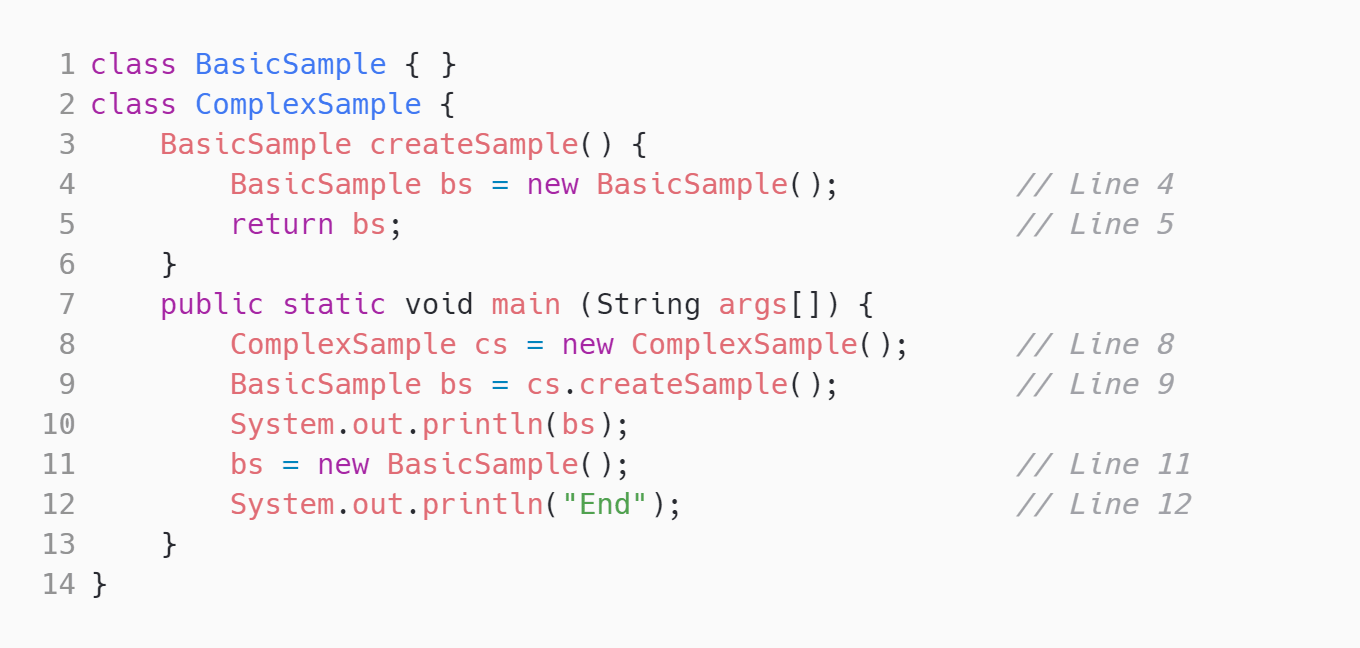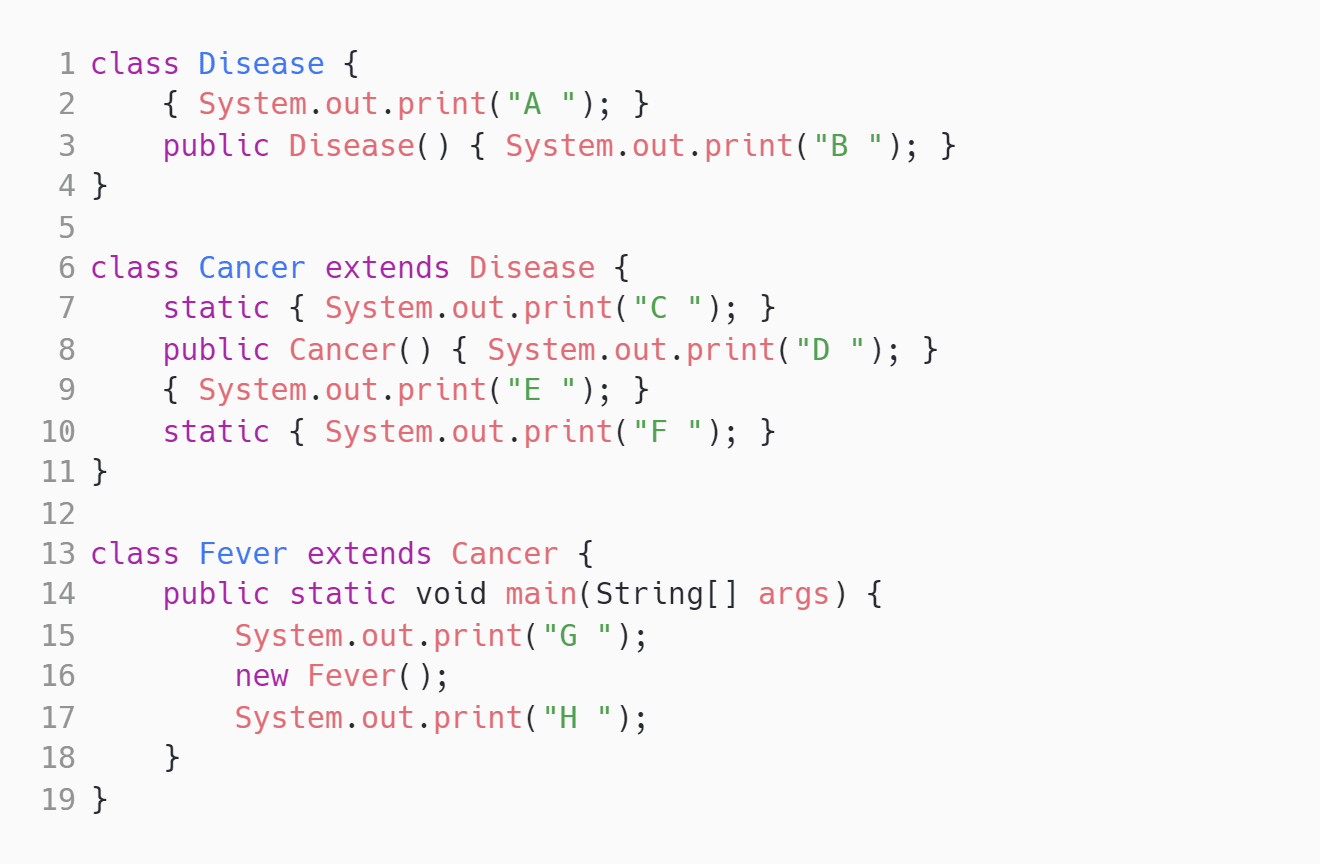EJB Architecture: EJB Architecture is a server-side component architecture for the Java Enterprise Edition (JEE) platform. It provides a framework for developing and deploying scalable, distributed, and secure enterprise applications. This skill is measured in the test to evaluate the candidate's understanding of the EJB architecture, which is crucial for developing robust and efficient enterprise applications.
Enterprise Beans: Enterprise Beans are the components of the EJB architecture that implement the business logic of an enterprise application. They encapsulate the application's data and behavior, and provide services to clients. This skill is measured in the test to assess the candidate's ability to design and implement enterprise beans effectively.
Session Beans: Session Beans are a type of Enterprise Beans that represent the business logic of a specific client. They perform operations on behalf of the client and are not shared among multiple clients. This skill is measured in the test to evaluate the candidate's proficiency in developing and managing session beans, which are essential for implementing the core functionality of enterprise applications.
Message-Driven Beans: Message-Driven Beans are a type of Enterprise Beans that enable asynchronous communication in the EJB architecture. They listen for messages from a messaging system and perform actions based on the received messages. This skill is measured in the test to assess the candidate's understanding of message-driven beans and their ability to implement asynchronous messaging in enterprise applications.
Container-Managed Persistence: Container-Managed Persistence is a mechanism provided by the EJB container to manage the persistent storage of entity beans. It automatically handles database operations such as storing, retrieving, and updating data. This skill is measured in the test to evaluate the candidate's knowledge of container-managed persistence and their ability to design and implement entity beans with persistent storage.
Bean-Managed Persistence: Bean-Managed Persistence is an alternative to container-managed persistence where the EJB developer manually handles the database operations within the entity bean code. This skill is measured in the test to assess the candidate's understanding of bean-managed persistence and their ability to implement custom persistence logic in entity beans.
EJB Security: EJB Security deals with securing the access to EJB components based on roles and permissions. It ensures that only authorized users can invoke specific methods on enterprise beans. This skill is measured in the test to evaluate the candidate's knowledge of EJB security mechanisms and their ability to implement secure access control in enterprise applications.
EJB Transactions: EJB Transactions provide a reliable and consistent way to manage data integrity in enterprise applications. They ensure that a group of database operations either all succeed or all fail together. This skill is measured in the test to assess the candidate's understanding of EJB transactions and their ability to implement transactional behavior in enterprise beans.
EJB Timer Service: EJB Timer Service allows the scheduling of time-based events within enterprise beans. It enables the execution of tasks at specific intervals or at a certain point in time. This skill is measured in the test to evaluate the candidate's proficiency in using the EJB Timer Service for implementing scheduled tasks and time-based operations in enterprise applications.
Interceptors: Interceptors are components in the EJB architecture that intercept method invocations and perform additional actions before and after the execution of the intercepted method. They provide a crosscutting functionality that can be applied to multiple EJB components. This skill is measured in the test to assess the candidate's understanding of interceptors and their ability to apply interceptors to enhance the behavior of enterprise beans.



















